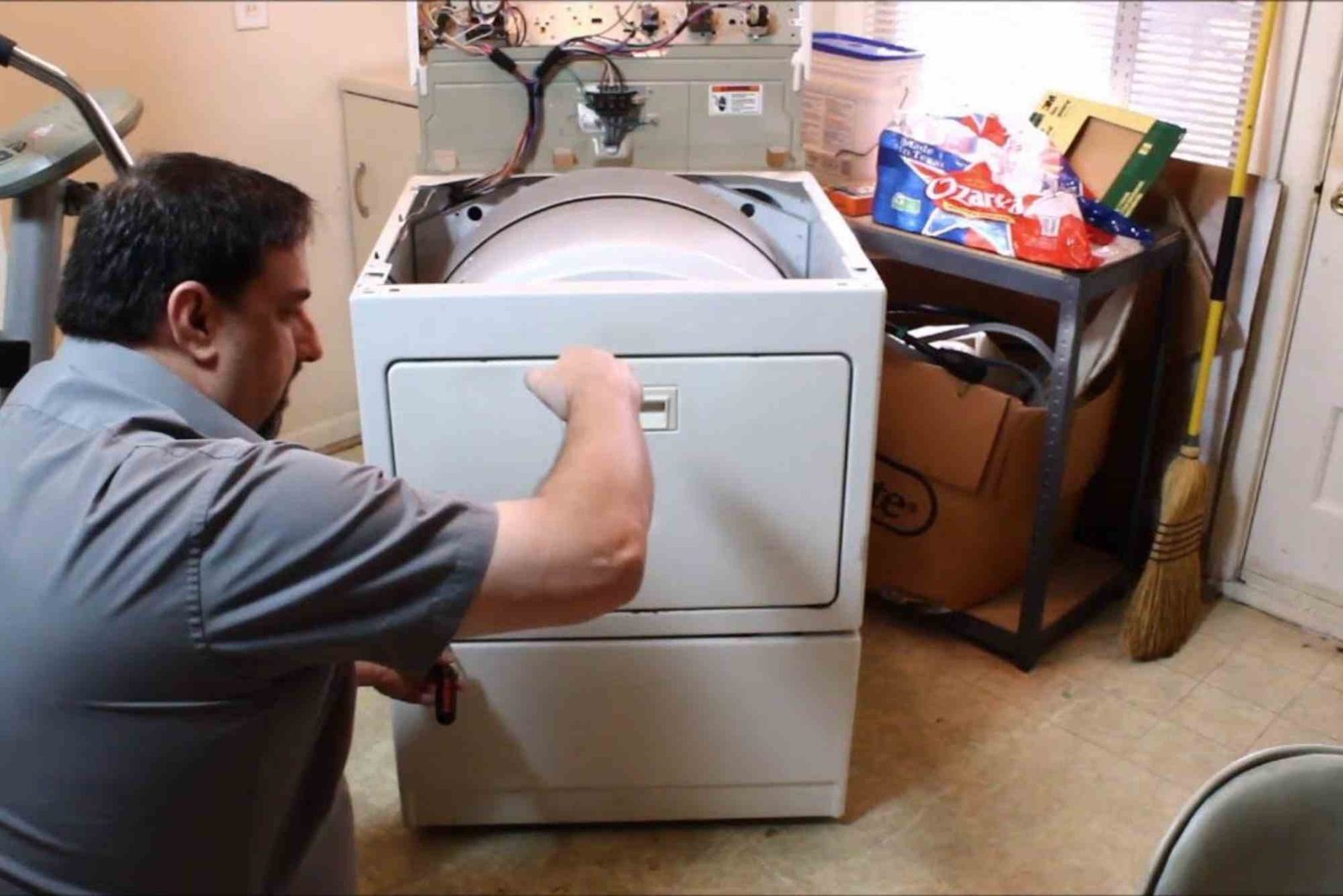When buying, refinancing, or selling a property, the appraisal can make or break your plans. A property appraisal is an unbiased estimate of a home’s market value conducted by a licensed professional. But what happens when the number comes in lower than expected? If you believe an appraisal is inaccurate, you’re not stuck with it—you can dispute it. Here’s a comprehensive guide on how to dispute a property appraisal effectively.
Why Appraisals Matter
An accurate appraisal is crucial for both buyers and sellers. For buyers, the lender uses the appraisal to determine how much money they can safely lend for a mortgage. For sellers, it validates the home’s market value, supporting the asking price.
A low appraisal can delay or derail a sale. It could mean the buyer has to come up with more cash or the seller has to reduce the price. Either way, it creates challenges for everyone involved.
Common Reasons to Dispute an Appraisal
Before you jump into the dispute process, it’s essential to identify why you believe the appraisal is inaccurate. Here are a few common reasons:
- Incorrect property details: Square footage, number of bedrooms or bathrooms, or lot size may be inaccurately recorded.
- Outdated or irrelevant comps: The appraiser may have used sales that don’t reflect the current market.
- Overlooked upgrades or features: Renovations or high-end features might not have been taken into account.
- Market timing issues: In rapidly changing markets, timing matters—a lot.
Steps to Dispute a Property Appraisal
1. Review the Appraisal Report Carefully
Start by requesting a copy of the appraisal report from your lender or real estate agent. Go through it line by line, verifying every detail: property specs, comparable sales (comps), neighborhood quality, and so on. Small errors can lead to big value discrepancies.
2. Gather Your Evidence
If you notice errors or feel certain comps are inappropriate, you’ll need solid evidence to support your claim. Collect:
- Correct property information (floor plans, measurements, tax records)
- Recent sales data of better or more relevant comps
- Receipts or documents showing recent renovations or upgrades
3. Contact Your Lender
Your lender is the party who ordered the appraisal, so they must be the one to initiate the reconsideration process. Submit your documentation and a letter outlining why you believe the appraisal is inaccurate.
Be respectful and concise. You’re not accusing the appraiser of wrongdoing; you’re pointing out specific issues that merit a second look.
Know the Limits of the Process
Disputing an appraisal doesn’t guarantee a change in value. The appraiser may agree with your argument, amend the report, or stand by their original assessment. Also, lenders are not obligated to accept a second appraisal unless major errors are found.
This is where understanding tools like the al fuad exchange rate can help. If you’re dealing with international financial elements—say, you’re a foreign investor—shifts in the al fuad exchange rate could influence your purchasing power or the feasibility of financing options. It’s another layer to consider when analyzing a disputed appraisal.
Alternative Solutions If the Dispute Fails
If your dispute is rejected, all is not lost. You have several paths forward:
- Renegotiate the price: Buyers and sellers can split the difference or adjust the terms.
- Increase the down payment: The buyer can make up the gap between the loan and the appraised value.
- Seek a second appraisal: Some lenders allow a second opinion—check your bank’s policies.
- Switch lenders: A new lender might order a new appraisal, though it can cost time and money.
The Role of Comps in Appraisals
One of the most contested elements in appraisals is the selection of comparable sales. If the appraiser chose properties that aren’t truly similar in location, size, or condition, that can heavily skew the valuation. Always analyze the comps used in the report and consider submitting better alternatives.
For instance, if your property is located near a high-demand school zone or a newly developed commercial area, those local advantages should be reflected in the valuation—but often aren’t.
Global Buyers and Financial Nuances
For international buyers or sellers, banking details can influence transaction timelines. Verifying the swift code bomlaead is vital for international wire transfers. A mismatch or incorrect SWIFT code can delay fund transfers and potentially impact closing schedules. You can confirm the swift code bomlaead if you’re using Mashreq Bank to ensure your transactions flow smoothly.
Additionally, currency conversion can make or break the deal in international scenarios. The al fuad exchange rate again becomes a point of importance—being aware of fluctuations can help time your payments or investment for better financial outcomes.
Tips for a Successful Dispute
- Act quickly: There’s usually a narrow window to contest an appraisal—often just a few days.
- Be precise: Avoid vague complaints; cite specific inaccuracies and provide documented support.
- Stay professional: Emotion won’t win the argument; facts will.
- Involve professionals: A real estate agent or an attorney experienced in disputes can add credibility to your claim.
When an Appraisal Impacts Financing
A low appraisal might mean your loan doesn’t get approved as initially expected. This is where financing solutions like a personal loan can fill in the gap. If you need fast liquidity, a short-term personal loan might help cover down payment shortages or minor repair costs that increase property value post-sale.
Monitoring tools like the al fuad exchange rate can help you understand if borrowing in a foreign currency or from an international bank might be more favorable. In some cases, timing your loan application based on exchange rate trends can reduce your borrowing costs significantly.
Final Thoughts
Disputing a property appraisal is a legitimate step if you believe there are inaccuracies that undervalue your home. While it requires effort and careful documentation, it can be worth it—especially when large sums or complex financial arrangements are on the line.
From understanding the right comps to tracking financial metrics like the al fuad exchange rate and ensuring smooth transactions through accurate codes like the swift code bomlaead, successful property deals depend on details. Don’t hesitate to speak up when something feels off—because sometimes, it actually is.















